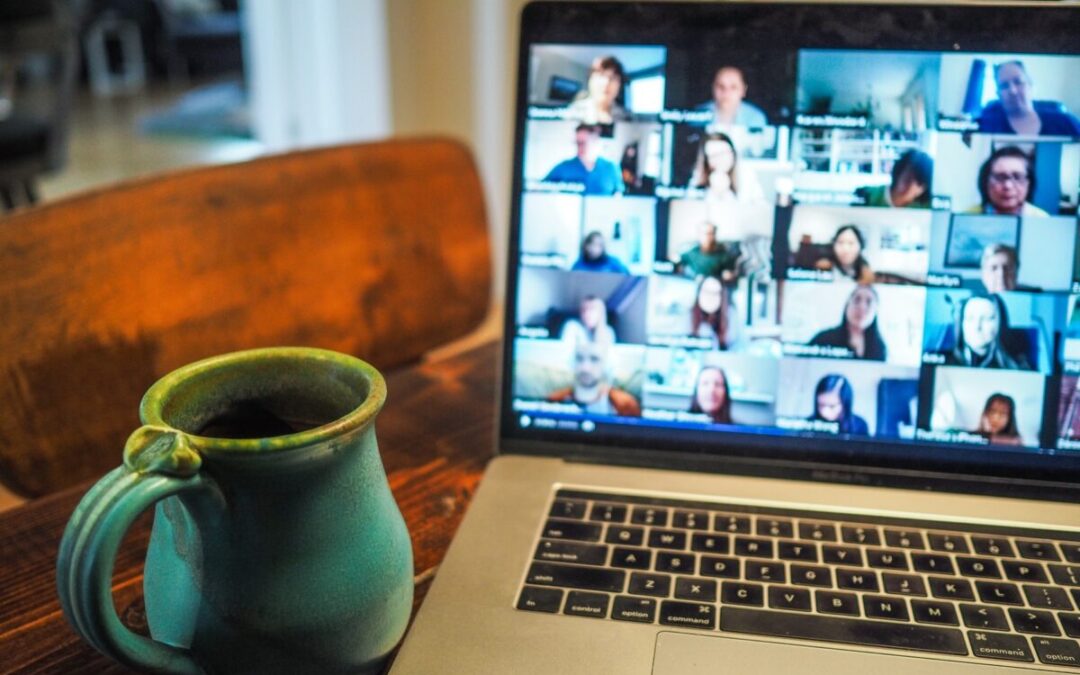Two years into a pandemic and definitions for the way we work are still somewhat fluid. Remote work terminology is partially tied to the work people do. I’m sure we will come up with some firm definitions at some point, but depending on what you do, there are opportunities to work almost anywhere in the world.
Some job types of changed in the past year, where as others have not. Until recently, medicine has always been tied to a location. The point of interaction between patient and provider has always been defined by geography. You could practice medicine almost anywhere in the world, but you and your patients had to be in the same place. I happen to be seeing James Taylor this week and was reminded that his father was a medical officer at McMurdo Station in Antarctica in the late 1950s. It doesn’t get more remote than that, unless you are an astronaut.
Now with telehealth, a lot of the medical interactions are no longer in person. Necessity forced us to reexamine a lot of assumptions about how things are done. And now we have a new model. Other industries are asking the question, “will it work for us?”.
Remote work through history
Prior to about 1730, unless you were engaged in agriculture, or had some localized skill – baker, blacksmith, etc. you may have traveled to where the work was. Thatchers were a common group that travelled for work. Tinkers were another traveling group, selling and fixing pots and pans. The term has become both generic, and derogatory, referring to many groups traveling and working in Europe. Skilled stone and wood workers typically have never had a local market for their services, so they would travel to where the work was.
Throughout recorded history, and probably before, the military has been focused on remote work. Aside from the violence and bloodshed, it was a remote job. You could go anywhere, you did your job, and in most cases you were paid for your services. Communication could be challenging. Using flags, fires, and the occasional letter could communicate instructions, but miscommunication was pretty common. And communication was anything but timely. The military has gotten more corporate in the last century, but it has always been about command and control, and maintaining supply chains.
Jobs at a distance
Jobs at a distance probably best defined what most people have equated with remote work for the last couple of years. Take an existing job from an office and put it in your house or some totally unrelated location. As long as there is no requirement for something physical to be created in a central place, this may apply to you. In a perfect world, if you have the right security and communications tools, there should be no difference in the work being done.
So why do so many companies want workers to come back to the office? It generally comes down to trust, and perceived status. Companies who want their workers back in the office generally do not trust them as much as companies embracing remote work. Perceived status is often about having an audience. What good is having a corner office, if no one comes to the office? Kings have thrones that sit above their subjects. Some variation of this model has always been the basis for the modern office.
Many managers feel this status is stripped away with remote work. The best way to get it back is to bring people back so they can be reminded of where they fit in the food chain. Like Elon Musk says, “If the don’t want to come back, they can pretend to work somewhere else”. It sort of encapsulates the whole lack of trust and need for status concept in one. Shouldn’t it be that work should be done where it can be done the most efficiently at the lowest cost? Remote work tends to be the answer for most businesses.
Regular jobs in cool places
Most service industry jobs lack the ability to be moved and performed the same with a good internet connection. Moving a world class chef to his home is not going to let him continue doing his job. There are a few that have been able to do this with cooking classes, and meal services, but there are limits for most people in this category. That doesn’t mean you can’t do what you love in cool places.
A couple years ago we took a rafting trip in Alaska. Our guide worked for the census bureau when he wasn’t doing tours. If you teach English, there are schools all over the world who want your skills. And what about those of you in the restaurant or hotel industry? These skills can be used anywhere in the world, and on the high seas. Cruise ships are now floating cities that include chefs, maids, hotel management, child care, waiters, etc.
And lets not forget entertainers. Musical groups tend to have a geographical territory where they are known, unless they are famous. And then you’ve got to go on tour. Same for comedians. You can only do so much with a local audience and then you’ve got to hit the road.
The Proper Remote Work Terminology
Many people are stuck trying to come up with the proper remote work terminology because they are still trying to make it fit with the previous work structures. It doesn’t work. It will probably take another year or two before we develop a common language. For now, just figure out what you want to do and where you want to do it, and go for it.



